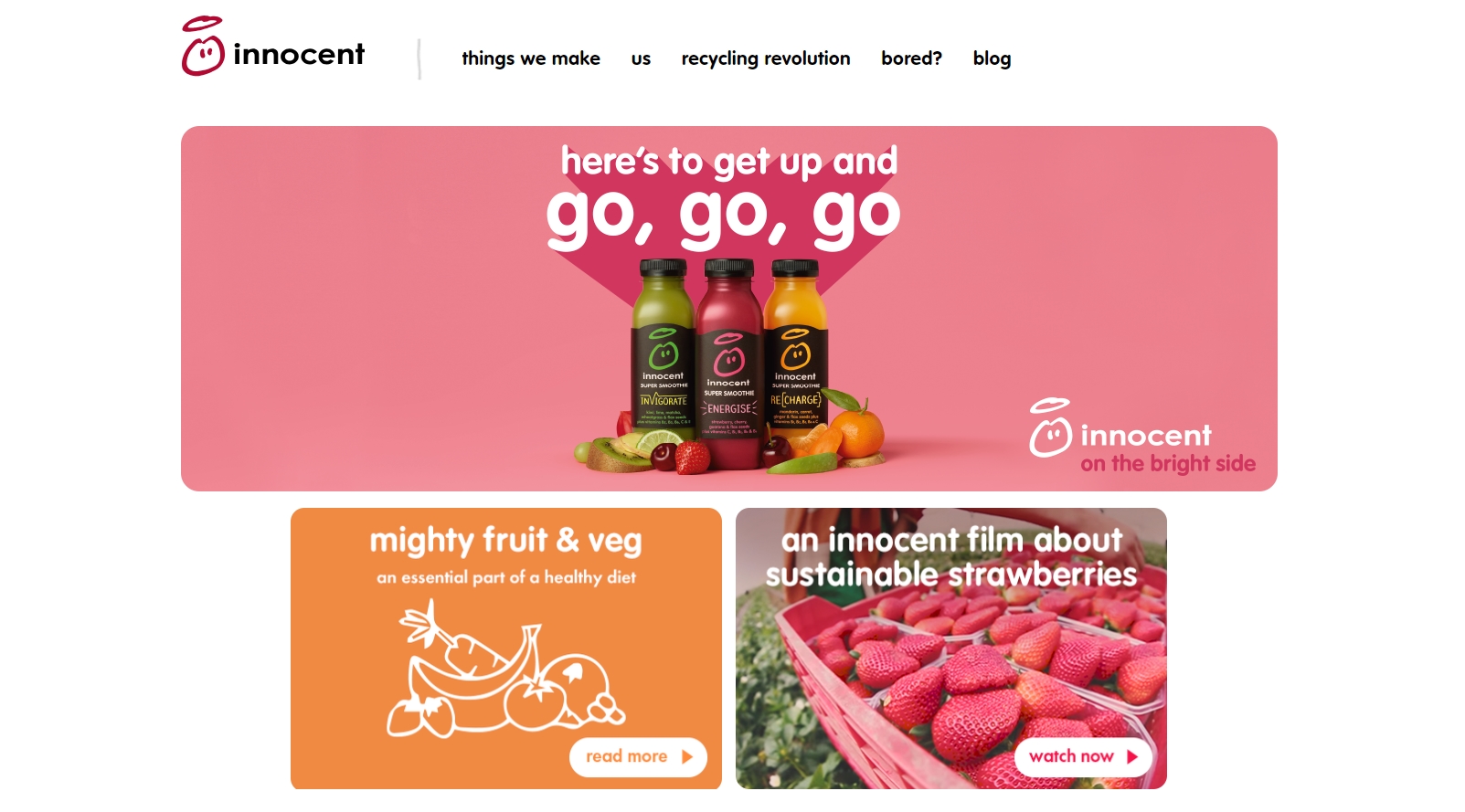Table of Contents
Last Updated on August 3, 2023 by admin
Personal connection is a key part of business that often gets overlooked. Companies get stuck on facts, figures, bottom lines, price points and value propositions, and they forget to show any humanity. Since the best B2B relationships are deep and enduring, it’s a big missed opportunity.
Perhaps the strongest way to elicit empathy and show yourself as worth supporting is to tell a good and authentic story about your business. What’s more, corporate storytelling doesn’t just drive your approach to content— it also informs your broader marketing strategy.
So what does corporate storytelling involve, exactly, and how can you use it to enhance your strategy? Let’s cover what you need to know.
What corporate storytelling involves
Every business has a story, regardless of whether the people involved have ever thought to tell it or are even aware of it. A company never just mysteriously springs into existence. Even when a corporate origin tale is a basic version of the ‘We saw an opportunity to make money and dispassionately took it’ classic, it invariably has some unique flavor to it.
What challenges did the founder face? Did they come from money and strive to live up to a proud legacy? Did they fight from a position of disadvantage to move up in society? Were they motivated by greed, envy, or spite? Whether good, bad, or ugly, every notable facet of a business story is worth telling if the execution is good, because people will be drawn to it.
After all, when you learn about how a business came to be, you are forced to look at it not as a faceless entity but as the product of human effort. You identify with mistakes made and lessons learned, because everyone has suffered trials and tribulations— and unless a narrative does a horrendous job of framing the protagonist, you end up wanting them to succeed.
Break your story down into the most simple and interesting elements, such as:
- The difficulties you faced and how you overcame them
- How you felt at every stage
- What you hoped to achieve
- What your inspirations were
- What kind of business you wanted to run
Gather up this information, work it into a timeline, and you’ll have a solid framework for an excellent ‘About Us’ page. And more importantly, you’ll have much greater clarity for your ongoing sales and marketing efforts.
Framing your content calendar
Every business that takes content marketing and corporate storytelling seriously and wants to establish and maintain a level of authority in its field—something vital for industries such as fintech since technological standards move so quickly—needs a content calendar to structure its efforts.
But simply having a content calendar isn’t enough; it needs to be as good as you can make it (start with a solid template if you haven’t started yours yet). Knowing the overall story behind your business and how you want it to be perceived equips you with an expanded pool of viable topics and the ability to more usefully distribute your efforts, allowing you to make the most of your schedule.
Suppose you were a SaaS company providing security software. You could fill up a blog with dry posts about new types of software, problems with existing pieces of software, your software recommendations, and other things like that, but it wouldn’t capture any interest. You’d simply be providing niche resources. Users might appreciate them, but they wouldn’t be left any more eager to work with you.
Now add corporate storytelling to the mix, and the options abound. The story steps back from what you do (provide security software) to why you do it (to keep people safe) and why that matters (we all want to protect the things that are important to us), and that gives you so much scope.
You could blog about leading a more secure life, and the importance of taking care of what really matters, and how you can help people achieve those things through your convenient software. All of a sudden, you have enough material to write (and rank well for) relatively popular topics for years to come.
Telling a narrative across your content
In ideal circumstances, every business would launch with its identity already determined. This is because it’s so much easier to create cohesive collateral when you are aware of the principles, values and narrative themes that underpin your operation.
Consider the great importance of tone, for instance. Cultivating a signature tone is a powerful tactic used to impressive effect by some of the biggest businesses in the world. Then there are color schemes, and visual stylings, and content types and ideas, all taking direction from those foundational questions about whether the company came from and where it is going.
Case in point: Innocent Smoothies. Ever since the first time I read good things about their work, I’ve seen them achieve outstanding consistency, reflecting their story in everything they do and showing some endearing honesty in recapping their early years.
And for a B2B-focused example, look at Shopify, a company that rose to prominence off the back of a DIY eshop designer; in making their business message not just about why you should use their product but more generally about how they hope to ‘make commerce better for everyone’, they were able to hit upon something that resonated with their target audience and made aspiring entrepreneurs trust in the viability of committing to their services for the long haul.
With a narrative thread joining everything you do, you prove to your audience that you offer consistency and valuable content, making them much more likely to continue following your business. And every time you meet up with another business for a negotiation, you’ll be able to show some kind of progress in your overall goals.
Defining how you are perceived
In summary, corporate storytelling is a superb tool for tying together your entire content production process and informing your sales efforts. The moment you introduce the element of personal connection to your pitches and copy, you become more appealing to your audience.
What’s more, by putting in work to openly and clearly define your business, you avoid the dangers of letting others do it for you. You take control of your destiny and get to chart a course for the kind of future you want. Why wouldn’t you want to take advantage of that?
____________________________________________________________________







